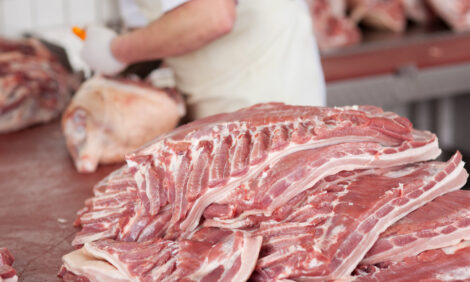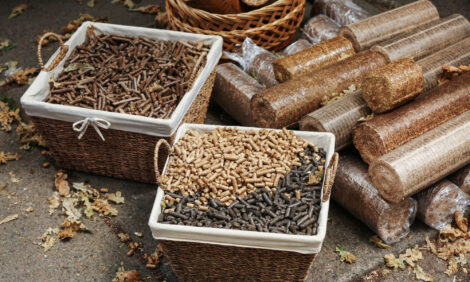



Labriculture: Less Lab, More Culture
UK - In the near future, we will be able to mass-produce meat directly from animal cells. This cultured meat could change the world - or it could falter like GM 'frankenfoods'.Writing in Frontiers in Nutrition, researchers warn that the most common media framing of cultured meat - as a 'high-tech' innovation - may be the least effective in garnering consumer acceptance.
The revolution will be televised
"Cultured meat has the potential to reduce the ethical, environmental, and public health burdens associated with conventional livestock farming," says lead author Christopher Bryant of the University of Bath.
In a free market, this potential can only be realized through consumer demand.
"Surveys show hesitancy towards cultured meat centers around its perceived 'unnaturalness', which can lead to concerns about food safety," explains Mr Bryant.
These echo consumer concerns about the last food technology breakthrough of this scale: GM crops.
"Extensive research has shown that media coverage of GM foods had a significant negative impact on public perceptions of, and behaviour towards, the technology."
Just as 'climate change' took the heat off global warming, GMOs were reanimated as 'frankenfoods'. In the public imagination, will cultured meat ever truly leave the lab?
"As most people have so far heard little or nothing of cultured meat," argues Mr Bryant, "this is a crucial time to assess how the framing of this innovation can impact consumer perceptions."
Presentation matters
With co-author Dr Courtney Dillard of Portland State University, Mr Bryant assessed how framing cultured meat as (a) an innovation which benefits society, (b) a high-tech development, or (c) as very similar to conventional meat affected attitudes and behavioral intentions.
Their sample of 480 US adults was broadly representative of the country as a whole in terms of age, gender, geographic distribution and diet (88 percent were meat eaters).
"We found that those who encounter cultured meat through the 'high tech' frame have significantly more negative attitudes towards the concept, and are much less willing to consume it," reports Mr Bryant.
For example, the 'high-tech' framing group were the least likely to consider cultured meat safe, healthy or environmentally friendly. They rated themselves on average 14 percent less likely to try cultured meat, compared to the 'societal benefits' or 'same as meat' groups.
Even before the frames were presented, the most common word associations to cultured meat across all 480 participants were "artificial" and "science".
"Worryingly, cultured meat as a 'high-tech' development has been a very dominant frame in early media coverage, which frequently features 'science themed' photos such as meat in a petri dish in a lab. This may be causing consumers to develop more negative attitudes towards cultured meat than they otherwise might."
Fake meat news
The results sit well with findings from other cultured meat researchers.
"We'd love to get away from the 'lab-grown' label," says Tufts University researcher Natalie Rubio, who recently introduced an astounded world to cultured insect meat. "When cultured meat is ready to go, it won't be produced in a lab at all but in a food processing plant just like existing meat alternatives and other foods."
The Good Food Institute in particular has demonstrated that consumers are much more likely to find 'clean meat' appealing than more technical terms like 'cultured meat' and 'cell-based meat'.
"Our suggestion to news media and startups is to normalize not only the name but the whole concept of clean meat - which as the same taste, nutrition and basic building blocks as conventionally farmed meat. Hopefully, the texture and price will soon match too."
Journalists can look down under for inspiration, says Mr Bryant.
"This 'naturalness' has already been identified as a key focus in Australian media coverage of clean meat, in contrast with US and European counterparts."
TheCattleSite News Desk


